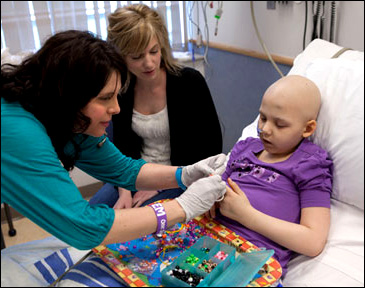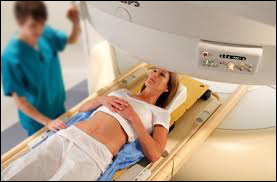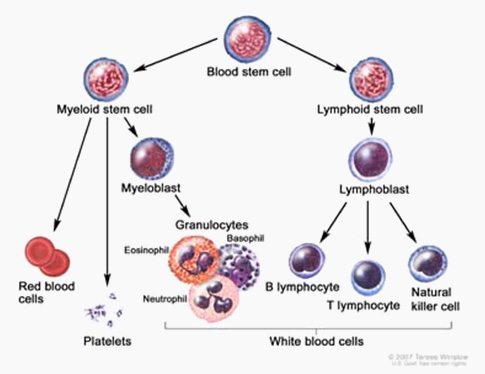Chemotherapy

What is chemotherapy?
The word chemotherapy simply means drug treatment. The aim of chemotherapy is to selectively damage and kill cancer cells. There are many different chemotherapy drugs which work in different ways. You may receive one or more drugs as part of your treatment
How are the drugs given?
Chemotherapy can be given in a number of ways. Oral (by mouth): You may be given capsules or tablets to take. If you have any trouble swallowing the tablets whole, you should inform your doctor or nurse. Intravenous injection / intravenous drip: This involves giving the drugs directly into the bloodstream through a small plastic tube called a cannula. The cannula is normally placed temporarily into a vein in the back of your hand or arm which is removed before you go home. Some chemotherapy treatments require a more durable line (called a central line) which is placed in a larger vein in the chest. You will be told about these if you need one. Depending on the drugs used, treatment may be given over a few minutes, hours or over a period of several days. You will be told if your treatment can be given as an outpatient or if you need to be admitted to hospital for it.
Chemotherapy Side Effects
The side effects that you experience depend very much on the type of chemotherapy drugs that you are given. You will be given specific information about your chemotherapy drugs and the possible side effects. Everyone is an individual and reacts differently to the drugs, and many people experience minimal or no side effects at all.

When should I contact the hospital?
It is important that you tell your doctor or nurse if you develop side effects, so that advice and treatment can be given to relieve them. If things are not improving, don't "grin and bear it" but let us know as there are often other treatments we can try. If you develop any of the following side effects you should contact the hospital on the dedicated oncology helpline number.
A temperature above 38°C or shivering or feeling hot and cold or any other signs or symptoms of infection
During chemotherapy, you body is unable to fight off infection normally. What may seem like a minor infection could rapidly become extremely serious. If you feel hot or unwell check your temperature. You should ensure that you purchase a thermometer at the start of your treatment. Normal is between 35 and 37.5 degrees centigrade. If your temperature is 38oc or above you should contact the hospital immediately. If it is between 37.5 oc and 38 oc then check it again in one hour. If the temperature remains higher than normal then ring the hospital immediately using the dedicated helpline number.
! Persistent nausea and vomiting
! Painful mouth ulcers and/ or swelling of the mouth
! Easy bruising or bleeding
! Pain or difficulty when passing urine
! Pain, redness or swelling around the injection site
! Diarrhoea (if more than 4 watery stools a day)! Shortness or breath
! Chest pain
It is important to remember that by getting treatment early you can prevent more serious problems occurring. Often treatment can be given on an outpatient basis, and you will probably not need to stay in hospital if the problem is caught early enough.
DO NOT WAIT TO SEE IF YOU GET BETTER ON YOUR OWN - RING AT ANY TIME OF DAY OR NIGHT

|